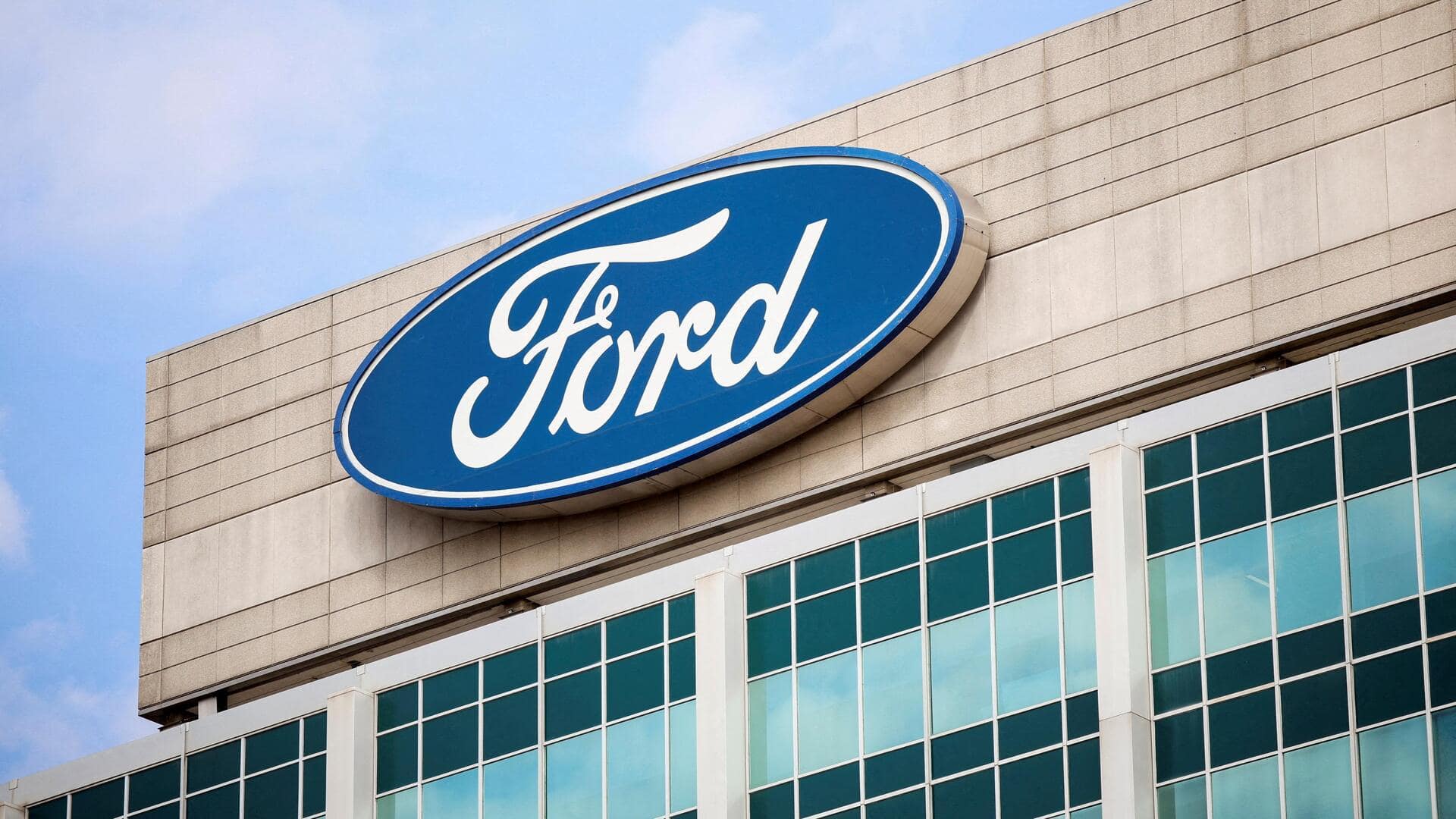
GM, Ford cars might not become costlier after all
What's the story
China has issued temporary export licenses for rare earth minerals to suppliers of General Motors, Ford, and Jeep-maker Stellantis, as per Reuters. The move comes as supply chain disruptions emerge from Beijing's export restrictions on these materials. This should quell fears of an immediate price hike of the cars. The licenses are valid for at least six months, but it's unclear what quantity or items they cover.
Result
China's export restrictions and its global impact
China's decision to restrict exports of a wide range of rare earths and related magnets in April has disrupted supply chains for automakers, semiconductor companies, aerospace manufacturers, and military contractors worldwide. This move highlights China's dominance in the critical mineral industry, which is essential for the green energy transition. The country produces about 90% of the world's rare earths.
Industry response
Stellantis is working with suppliers on licensing process
The approval of rare earth export licenses comes as a relief for the top three US automakers. Stellantis said it is working with suppliers "to ensure an efficient licensing process" and has been able to "address immediate production concerns without major disruptions." However, GM and Ford declined to comment on the matter.
Trade dispute
Trump's criticism of China over rare earths exports
China's critical mineral export controls have become a focal point in US President Donald Trump's criticism of Beijing. He accuses China of violating the truce reached last month to roll back tariffs and trade restrictions. The issue was discussed during a lengthy phone call between Trump and Chinese President Xi Jinping, with both sides agreeing to meet again soon.
Production impact
Ford halted Explorer SUV production in May
US auto firms are already feeling the impact of China's export restrictions. Ford had to pause production of its Explorer SUV at its Chicago factory for a week in May due to a rare earth shortage.